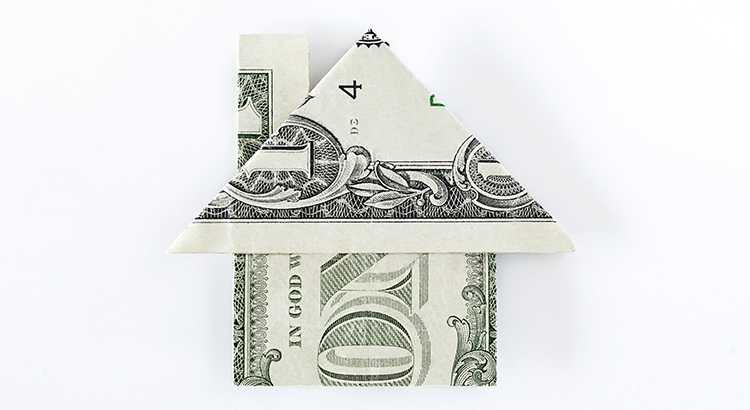Pros and Cons of Getting a Pre-Listing Home Inspection

The process of getting your house ready for sale can be stressful and difficult for a homeowner. Before putting your home on the market, one of the most crucial phases in this process is to get it inspected. A home inspection can give you important information about the state of your house, which can help you decide what repairs and enhancements might be required before you put your house on the market. In this blog post, we'll go over the benefits and drawbacks of getting a home inspection before listing and selling a house.
Positive factors
1. Information: A home inspection can give you important details about the state of your house, which can assist you in making decisions about any repairs and changes that might be required before advertising the house.
2. Transparency: By completing a home inspection before listing the property, you can offer potential purchasers a full assessment of the home's condition, boosting their confidence and trust in you as a seller.
3. Marketing: By demonstrating that the house has been well-maintained and is in good shape, a pre-listing inspection can be used to draw in potential purchasers.
4. Faster Sales: If you make the necessary repairs and improvements in accordance with the inspection report before advertising the property, it may result in a quicker sale at a better price.
5. Price haggling: By doing a home inspection before marketing the property, you can proactively address any faults that may be found, which can help to avoid price haggling throughout the sales process.
6. Professional Opinion: An inspection report offers a qualified assessment of the home's condition, which can assist you in making defensible choices regarding the sale of the property.
7. Buyer Confidence: You can boost prospective purchasers' self-assurance and trust in the home by giving them a copy of the home inspection report. This may also help you cut down on the number of contingencies in the sales contract.
8. Liability: A pre-listing examination might assist you in avoiding any legal problems resulting from hidden property flaws.
9. Safety: A home inspection can discover safety issues in the home, allowing you to make adjustments before the property is advertised.
10. Peace of Mind: By performing a home inspection before listing the property, you may feel at ease knowing that you've done the necessary precautions to make sure the house is in good shape for the potential purchasers.
Negative Motives:
1. Cost: If you think the house is in decent shape, you might not want to spend the money on a home inspection.
2. Repairs: If the inspection report identifies serious problems with the property, you can be obliged to make costly and time-consuming repairs before listing the property.
3. Delays: If repairs are necessary, listing the property may be delayed, which could lengthen the sales process.
4. Disclosure: If the inspection report reveals serious problems with the home, you might need to tell prospective purchasers about them, which could affect the sale of the property.
5. Pre-listing inspection reports may give the impression that the property is in worse shape than it actually is, which could affect the sale price.
6. Negotiation: If the inspection report identifies problems with the property, the buyer may have more bargaining power.
7. Over-Inspection: Ordering too many inspections can be perceived as excessive and potentially put off potential purchasers.
8. Fake Security: You can feel insecure about the state of your home after receiving a pre-listing inspection report, which could cause problems later on in the sales process.
9. Buyer perception: Some buyers might not be interested in buying a home that has previously had a pre-listing inspection since they might want to perform their own inspection and have the chance to haggle based on their findings.
10. Unforeseen Issues: Even with a pre-listing inspection, unforeseen issues may arise during the sales process, potentially impacting the sale of the property
Although there are benefits and drawbacks to conducting a pre-listing home inspection, many real estate experts advise doing so before putting your house on the market. By doing this, you'll be able to address any problems before they arise and possibly avert delays and negotiations throughout the sales process.
If you decide to have your home inspected before putting it on the market, it's crucial to pick an inspector with a solid reputation who is skilled and educated about the neighborhood real estate market. Before you put the house on the market, you should review the inspector's thorough report on their findings to decide what repairs and enhancements are necessary.
In conclusion, as a home seller, getting a pre-listing house inspection has both advantages and potential disadvantages. In the end, your personal preferences and the particular features of your property should be taken into consideration when deciding whether to undergo a home inspection. You can decide if a pre-listing house inspection is appropriate for you by balancing the advantages and disadvantages.
Categories
Recent Posts










"My job is to find and attract mastery-based agents to the office, protect the culture, and make sure everyone is happy! "
